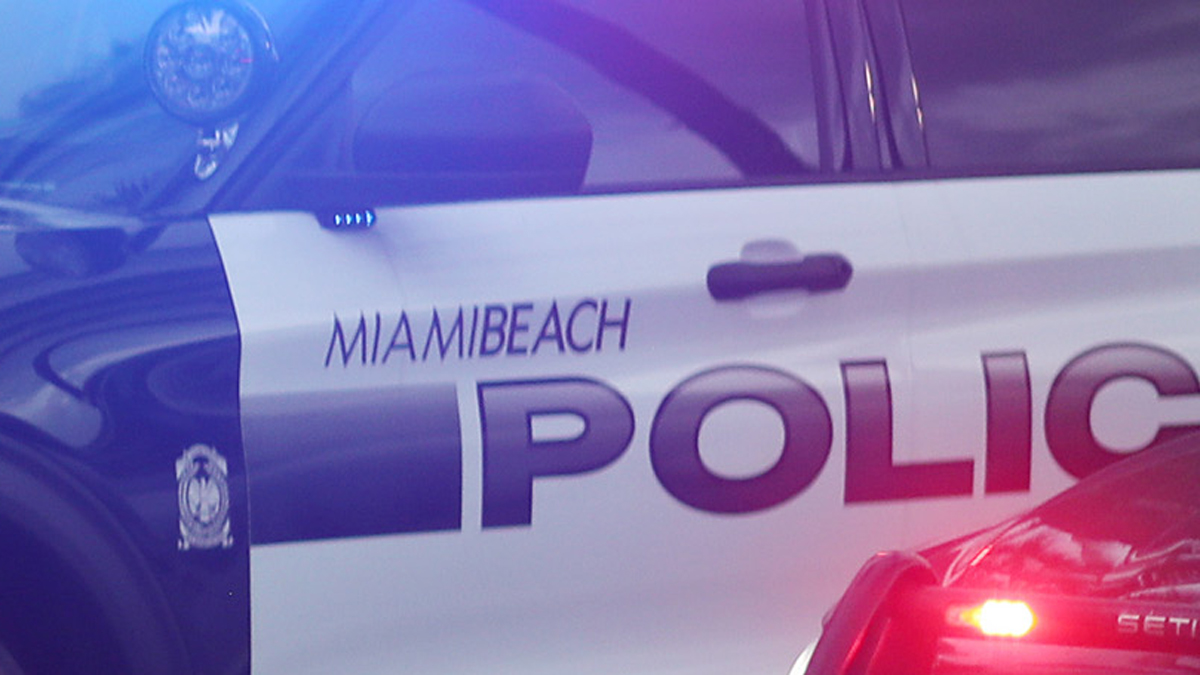Florida’s governor took his beef with the CBS News program “60 Minutes” to the state cabinet room Wednesday, this time bringing his emergency management director as a witness to support his contention that Sunday’s report got it wrong.
“If they’re going to come down here and smear our efforts or smear me or smear great companies in the state, I’m going to hit ‘em back right between the eyes,” the governor said.
Almost all of the story is not in dispute, but at least one part is: the suggestion DeSantis rewarded Publix with vaccines because of $100,000 in campaign contributions.
“Even the dimmest bulb in the New York corporate media constellation would have been able to realize that was false,” he said. “You literally take 10 minutes to make a few phone calls.”
Get South Florida local news, weather forecasts and entertainment stories to your inbox. Sign up for NBC South Florida newsletters.
Like a call to emergency management director Jared Moskowitz, who did talk to the show off-camera, saying he told them DeSantis did not have a role in Publix being chosen to administer the vaccine.
“It’s verifiably false because I know that decision was made in my office,” Moskowitz said. “I’m the one who made the phone calls. I tried to go to Wal-Mart first so the whole Publix pay-to-play thing is garbage.”
One of two suggestions in the report of a connection between donations and vaccines comes during a question the correspondent asked of DeSantis at a media event, after he declined to be interviewed.
Local
CBS said in a statement that “60 Minutes" interviewed dozens of people about the story and requested interviews with DeSantis, who declined, and Moskowitz, who declined to be interviewed on camera until after the story's deadline.
“When Florida state data revealed people of color were vaccinated at a much lower rate than their wealthier neighbors, ‘60 Minutes' reported the facts surrounding the vaccine’s rollout, which is controlled by the governor," the CBS statement said. “For over 50 years, the facts reported by '60 Minutes' have often stirred debate and prompted strong reactions. Our story Sunday night speaks for itself."
He also took issue with the use of the word “exclusive” in the question: “Publix, as you know, contributed $100,000 to your campaign and then you rewarded them with exclusive rights to distribute the vaccination in Palm Beach (County).”
“First of all, what you’re saying is wrong,” DeSantis replied then.
Wednesday he expanded that criticism, noting accurately that hospitals and others were distributing vaccine at the time in Palm Beach County.
But the report also stated Publix did for a while played a unique role in how vaccine appointments were made in January in the county.
“Most seniors could no longer get vaccine appointments through their public health departments. They had to go to Publix instead,” the report stated.
And that was accurate, according to news reports at the time.
In a Jan. 25 article, The Palm Beach Post reported “Publix will be the main source of the coronavirus vaccine for seniors in Palm Beach County as the health department has been largely taken out of the inoculation business.” It quoted the county health director as saying, “I have no vaccine right now. All my vaccines have been diverted to Publix.”
In a separate statement responding to DeSantis' comments on Wednesday, CBS News addressed the claim Publix had what the correspondent said in her question was "exclusive rights" by saying "Publix was the only pharmacy in Palm Beach County to have the vaccine available for seniors in the general population of Palm Beach County in January."
The statement went on to say the governor's statements "do not acknowledge that his senior constituents in the Glades did not have easy access to a Publix for the vaccine."
But fine distinctions may be drowned out by loud criticism – and, in this case, the news media may pay a price.
“Any time journalism is called into question, we all get painted with the same brush,” said Al Tompkins, senior faculty at the Poynter Institute, which trains journalists.
DeSantis is devoting hours of his time this week trying to debunk the story, while the Republican Party of Florida sends out fundraising email blasts saying the media are destroying America.
“They wanted to smear Florida, they wanted to smear our vaccination effort they obviously wanted to smear me,” DeSantis said. “They spent three months and the best they could come up with is a half-baked conspiracy theory that literally is readily debunked by talking to like two people.”
Tompkins said “60 Minutes,” by suggesting a direct line between the Publix contributions and the vaccine distribution without producing direct evidence, presents problems for all media.
“It’s not good for you, it’s not good for me, it’s not good for any journalists for the public to doubt journalists are telling the truth.”
But, based on how DeSantis continues hammering the media while his party raises money off of the controversy, it may be good for him.



